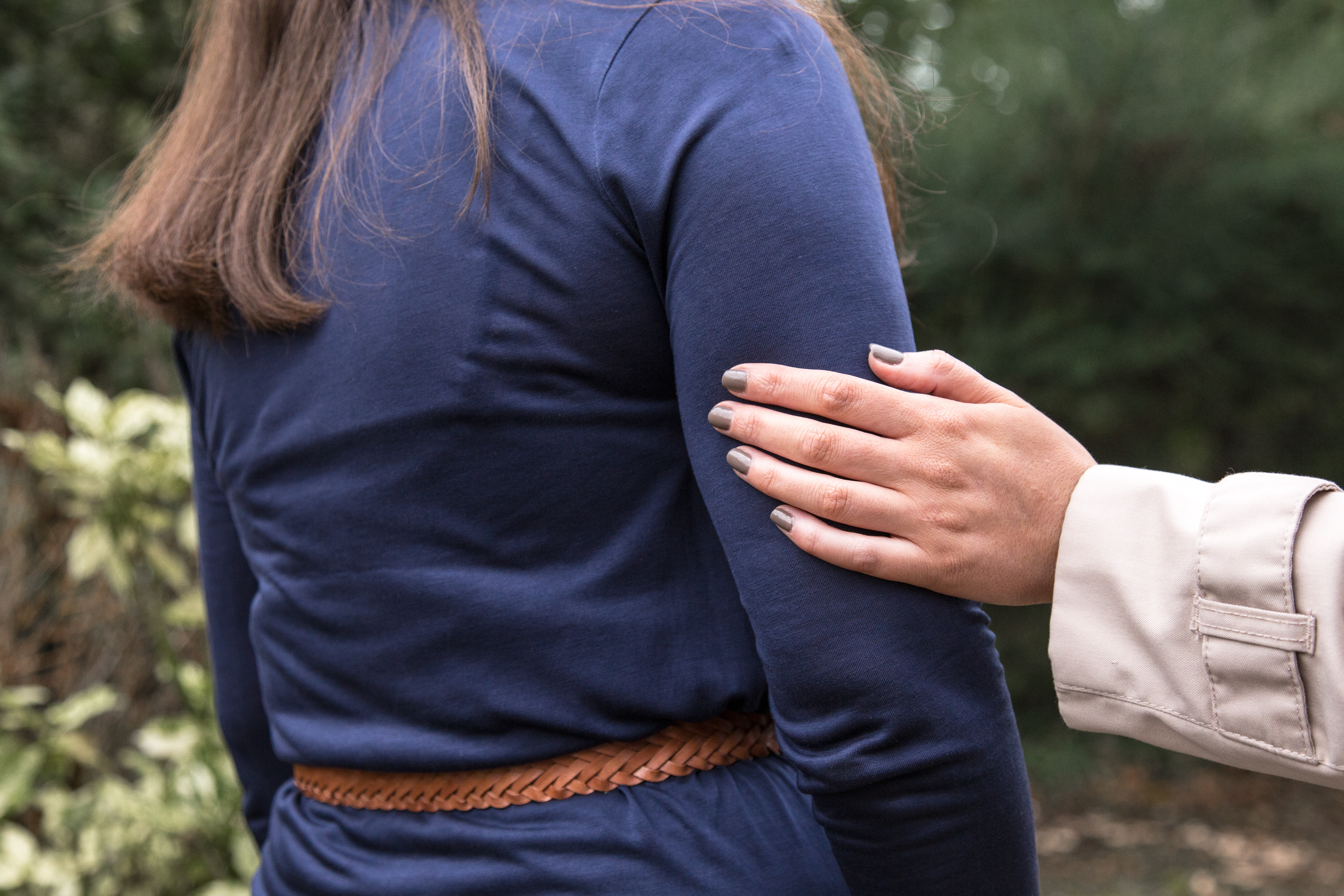
What is anxiety?
Anxiety is a normal feeling that most of us experience from time to time. It describes the feelings of worry, uncertainty, and fear and is often about things which haven’t happened yet.
It can affect our thoughts, our feelings, and how we feel physically too.
It’s typical to feel like this when we’re going through a particularly stressful time, such as when studying for exams, when waiting for results from hospitals tests, or starting a new job. However, these feelings are usually temporary and don’t interfere with your everyday life.
Thinking ahead and being able to plan for the worse was a useful survival technique for early humans, and the triggering of our ‘fight or flight’ response gave us a better chance of surviving an attack from a wild animal. Planning ahead can still be useful for us, but sometimes we can get caught up with trying to think of every possible outcome, worrying about things we can’t change, and that ‘fight or flight’ response kicks in even when there’s no danger.
If your feelings of anxiety start to affect your ability to live your life as normal, it might be a sign that you would benefit from some support with your mental health.
Is my anxiety a problem?
If your anxiety is affecting your ability to live your life, then it may indicate that you have a mental health problem. The mental health charity, Mind, list the following indications that you may have a problem with anxiety:
- your feelings of anxiety are very strong or last for a long time
- your fears or worries are out of proportion to the situation
- you avoid situations that might cause you to feel anxious
- your worries feel very distressing or are hard to control
- you regularly experience symptoms of anxiety, which could include panic attacks
- you find it hard to go about your everyday life or do things you enjoy.
© Mind. This information is published in full at mind.org.uk
Self-help for Anxiety
If anxiety is affecting your ability to live your life, then you should contact your GP for support. However, there are lots of things you can do for yourself that help too.
Breathing and relaxation
When we’re very anxious, our breathing often speeds up and becomes shallow. By deliberately slowing down our breathing and making our breaths deeper, it helps put our body in its ‘rest and digest’ state, the opposite to ‘fight or flight’. Focusing on your breath also also helps you stay in the moment too. Try practicing breathing exercises to help you achieve this.
There is lots of evidence that being in natural environments is good for your mental wellbeing, so going for a walk in the countryside can be a great way to relax. Use each of the five senses to focus on your experience along the way, such as the sound of the birds, the feeling of the rough bark on the trees, the taste of the apple you brought with you to snack on.
Listening to music can be a great distraction from your worries. Music can be a great mood booster, and it’s easy to get really absorbed in what you’re listening to. To make an even more mindful experience, really focus on what you’re listening to. Try picking out the different instruments or voices and following what each ones does.
Physical health
There are things we can do to take care of our physical health that can reduce our risk of feeling anxious and promote feeling of relaxation.
Exercise is a great way of tackling anxiety boosting your mood, by reducing tension and mental tiredness. It also improves sleep and can give you a real sense of accomplishment.
Visit our page on physical activity for more information.
Peer support
Talking to people who have had similar experiences to you can be really helpful. It can help you feel like you’re not the only one with these problems, and is a great source of support.
Just being able to open up about your feelings can be a relief, and it can sometimes be easier to do that with people who have personal experience of what you’re talking about.
You can access peer support groups through specialist organisations, such as Anxiety UK, or more general online support communities, like Elefriends from Mind. Or within Jaguar Land Rover, our employee networks provide a great way of finding likeminded people within the business.
If you’re struggling with your mental health, it’s important you seek some help from your GP. If it’s affecting your ability to work, speak to your manager to see if a referral to Occupational Health is appropriate. You can contact our EAP for free and confidential support 24/7, 365 days a year.